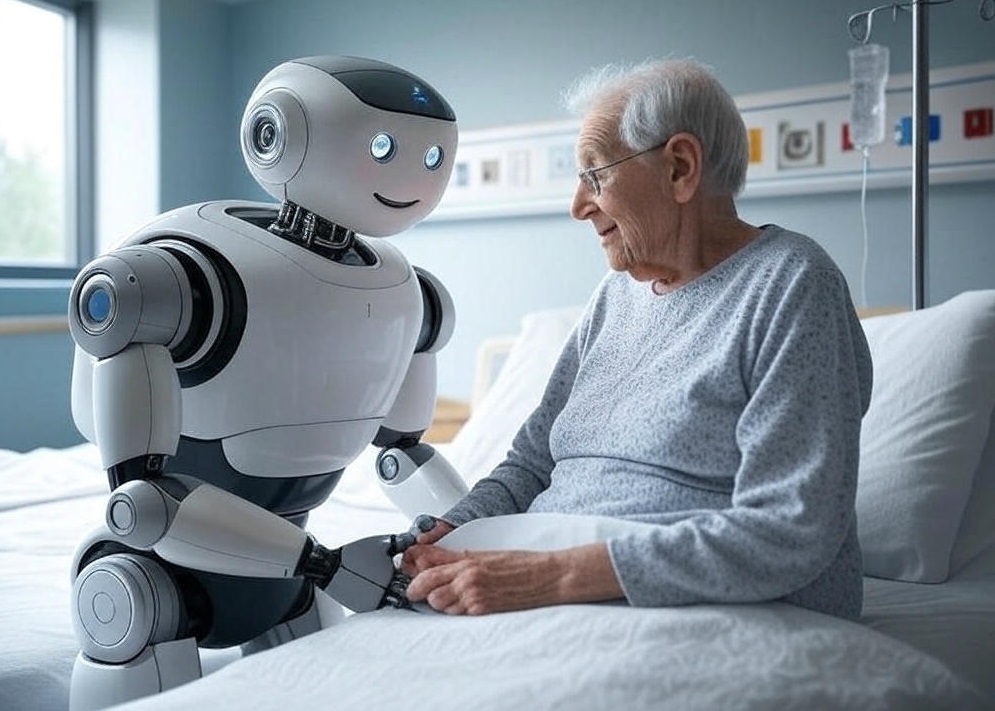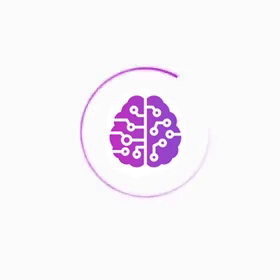
Introduction
Modern medicine faces new challenges related to the need for improved efficiency in diagnosis, treatment, and patient care. Artificial Intelligence (AI) has become a powerful tool in addressing these issues, offering the ability to significantly enhance healthcare services. AI enables not only accurate disease diagnosis but also the development of personalized treatment strategies, more effective medical decision-making, and optimized patient care.
AI in Disease Diagnosis
One of the most important applications of AI in medicine is diagnostics. AI algorithms can analyze medical images (X-rays, MRIs, CT scans) with high accuracy, detecting even the smallest changes that may be invisible to the human eye. For example, AI can identify early stages of cancer, cardiovascular diseases, and other complex conditions.
With deep learning technologies, AI systems can process vast amounts of data and make predictions about disease progression, helping doctors determine the most effective treatment methods. This significantly improves diagnostic accuracy and allows for timely treatment initiation
AI in Personalized Treatment
Personalized treatment is an approach where therapy is tailored to each individual, considering their genetic, biological, and environmental characteristics. AI is widely used to develop such personalized treatment plans, which greatly increase therapy effectiveness and reduce the likelihood of side effects.
Integrating AI into genetic test analysis helps doctors more precisely determine which treatment regimens are suitable for a particular patient, taking into account genetic traits and drug sensitivity. This leads to significantly improved treatment outcomes.
AI in Health Monitoring and Patient Care
AI is used for continuous real-time monitoring of patients’ health. Data from wearable devices such as fitness trackers or sensors measuring pulse and blood pressure are transmitted to AI systems, which analyze the data and detect any deviations from the norm. Doctors receive more accurate information for making decisions about further treatment steps.
Additionally, AI can optimize the work schedules of medical staff and improve communication between doctors and patients. AI-powered virtual assistants can help patients with questions about their treatment and even send reminders for taking medication or attending appointments.
AI in Drug Development
AI is actively used in the development of new medications. AI algorithms can analyze molecules, predict which ones may have therapeutic effects, and even accelerate the search for new active ingredients. This can significantly reduce the time needed to develop new drugs and lower the cost of clinical trials.
One achievement is the use of AI to discover drugs for cancer and other serious illnesses such as diabetes and cardiovascular diseases. AI helps identify new molecules that can serve as the foundation for new drug development
The Future of AI in Medicine
The future of AI in medicine looks very promising. With each passing year, AI technologies are becoming more advanced, allowing doctors to perform more accurate diagnoses, choose more effective treatments, and provide patients with more personalized care. The development of AI will enable the creation of more efficient healthcare systems that integrate numerous medical solutions and analyses.
Using AI to automate medical decision-making allows doctors to handle large volumes of information more efficiently, reduce the likelihood of errors, and improve the overall quality of healthcare services.
Conclusion
Artificial Intelligence is a revolutionary tool in medicine. AI is transforming approaches to diagnosis, treatment, and patient care by reducing risks, increasing treatment effectiveness, and shortening decision-making times. AI aids not only in accurate diagnosis but also in creating personalized treatment methods. In the future, AI technologies will continue to evolve, supporting healthcare at an even higher level.
